
Akkadian Words in the Tanach
Although we are used to thinking of the Tanach as entirely Hebrew, sometimes words from other languages creep in. One of the languages that sometimes

Although we are used to thinking of the Tanach as entirely Hebrew, sometimes words from other languages creep in. One of the languages that sometimes

The root shin-nun-heh has two meanings in Tanach. On the one hand, it means “to repeat.” (Of course, the word sheni, second, comes from this

The life of Abraham Ibn Ezra can be divided into two periods. The first was a stable one. According to the most recent scholarship, he
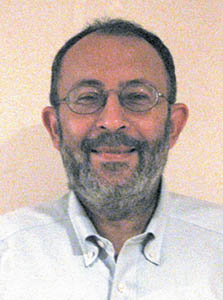
Every Shabbat, after the haftarah, our custom is to recite a prayer for the government. The prayer begins “HaNoten teshua la’melachim, He Who gives salvation
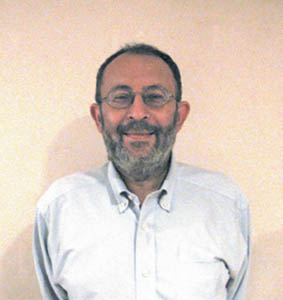
When I started the research for this article, I intended to survey the various traditional understandings of the plague. Along the way, I discovered a
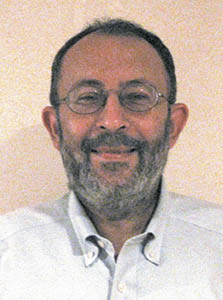
There is a special term for words that appear only one time in Tanach. They are called “hapax legomena.” (This is Greek for “once said.”)
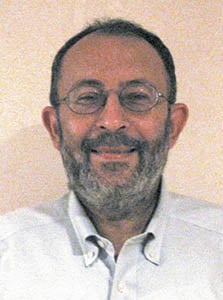
Did you ever wonder where the Hebrew word machar (m,ch,r), tomorrow, comes from? Well, if you stare at it, you will realize that it may
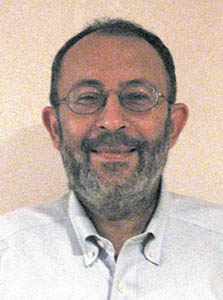
The forbidden fruit in Gan Eden is typically depicted as an apple in modern Western art and in millions of cartoons. But where does this
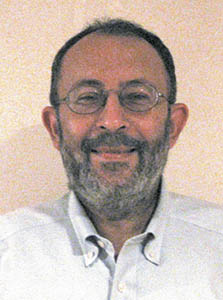
I have decided to give you all a break from the difficult task of reading my transliterations of Hebrew words. I will do something easier

In order to understand this word in the Birkat Hamazon of Shabbat, we must first survey the root Ch-L-Tz. We are all familiar with this
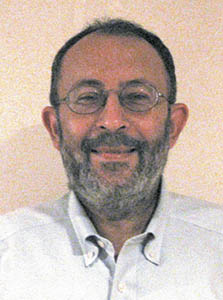
In a previous column, I wrote about the history of the Balfour Declaration. As a side point, it is interesting to discuss a calendar issue
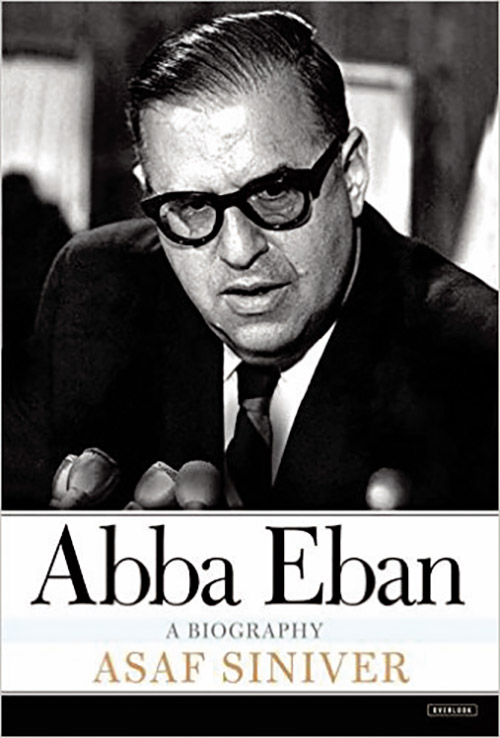
Reviewing: “Abba Eban: A Biography,” by Asaf Siniver (2015), Hardcover, 464 pages: Overlook Press. ISBN-10: 1468309331 Abba Eban’s life and the history of Israel in